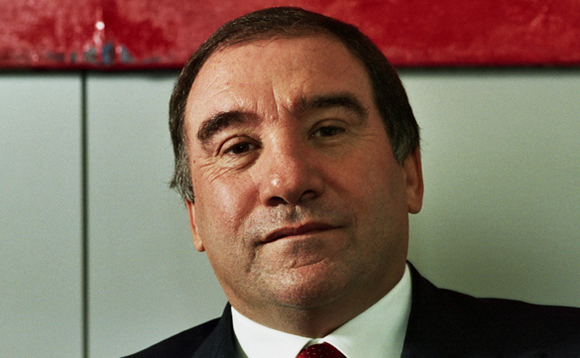
Italy: Diamond in the rough

The private equity market in Italy is in rude health, but many investors are still being put off by political uncertainty. Amy King investigates
In many ways, it is worse today to invest in France than Italy," says Andrea Bonomi, founder and president of Southern Europe investor Investindustrial. "On the other hand, the reputation of France was, perhaps until a few months ago, better than that of Italy."
Indeed, the private equity markets in France and Italy are tied in similar knots, with the political environment, reputation and the business community tightly interwoven. But in Italy the political arena has long constricted the local business market.
Silvio Berlusconi's long leadership pushed Italy further down the list of target countries for private equity investment. But with the appointment of Mario Monti as Prime Minister in November 2011, market sentiment seemed to improve. However, Monti's decision not to stand for re-election this February and Berlusconi announcing his intentions to return to politics has caused some uncertainty among GPs.
But statistics recorded by unquote" reveal that Italian private equity is a roaring success. In 2012, Italy was second only to the UK and Germany in terms of exit value, making it a record year. On one day alone in late December two exits clocked up an impressive €4.47bn: Mohawk acquired tiling company Marazzi from Private Equity Partners and Permira, while General Electric snapped up Avio's aviation unit from Cinven. And 2013 continued the trend with CVC's €1.13bn acquisition of data firm Cerved from Bain Capital and Clessidra.
"The Italian economy and entrepreneurs are, unfortunately or fortunately, very well trained in doing things regardless of the political environment, which has almost always been a mess," says Fabio Sattin (pictured), founding partner of Private Equity Partners, former EVCA chairman and professor at Bocconi University.
Indeed, unquote" data backs this up, with the recent Marazzi deal completed by Sattin's Private Equity Partners and Permira epitomising the minority-position trend commonplace in Italy. In December 2012, the GPs sold the tiling company for €1.17bn. Both GPs have a long history with the target, first investing in 2004 as part of an all-equity buyout for a combined share of 33%. They floated the business in 2006 and exited entirely the following year only to return in 2008 for another joint-buyout. "Marazzi was a typically Italian deal," explains Sattin. "Minority investments are not usually very well seen in the private equity world, but in Italy it's a normal way of doing business. The big message of Marazzi is how, even as a minority stakeholder, you can develop a company," he adds.
The trick may lie outside Italy's borders. "When you buy Marazzi, you are not buying an Italian company. You are buying a company based in Italy that generates 75% of its EBITDA outside of Europe; you are buying the development in Russia. That's why they bought at a multiple of around eight times EBITDA. Joining with Mohawk creates the world leader in ceramic tiling and flooring," he says. Bonomi agrees: "General Electric did not buy Italy, they bought Avio's technical and market share in the aerospace industry. With Marazzi, Mohawk bought a global position in the tiling industry. And it's the same with Audi: they didn't buy Italy, they bought Ducati."
But such international companies, with high-cash conversion, growing EBITDA and negative working capital, do not just charm corporates. GPs are drawn in, too. The current apple of their eye is Octo Telematics, a solutions provider to the insurance industry. Attracting the key players in the indigenous private equity market alongside several corporates, macroeconomic worries dissolve in the face of the firm's high cash flow and exponential growth. "These corporates understood that in Italy there are very interesting opportunities for investment, now more than ever. And there are a lot of these kinds of companies here. Now is the best time to invest in Italy," says Sattin.
Continued on page 2. Click here to keep reading
Latest News
Stonehage Fleming raises USD 130m for largest fund to date, eyes 2024 programme
Sponsor acquired the public software group in July 2017 via the same-year vintage Partners Group Global Value 2017
Stonehage Fleming raises USD 130m for largest fund to date, eyes 2024 programme
Czech Republic-headquartered family office is targeting DACH and CEE region deals
Stonehage Fleming raises USD 130m for largest fund to date, eyes 2024 programme
Ex-Rocket Internet leader Bettina Curtze joins Swiss VC firm as partner and CFO
Stonehage Fleming raises USD 130m for largest fund to date, eyes 2024 programme
Estonia-registered VC could bolster LP base with fresh capital from funds-of-funds or pension funds








